Algorithm may improve brain-controlled prostheses and exoskeletons
Por um escritor misterioso
Last updated 11 abril 2025
A team of researchers at the MIT Media Lab has devised an algorithm that promises to vastly improve the simultaneous tracking of any number of magnets. This has significant implications for prostheses, augmented reality, robotics, and other fields.

Magnets could offer better control of prosthetic limbs
/https://tf-cmsv2-smithsonianmag-media.s3.amazonaws.com/filer/cb/0d/cb0d4efd-da31-4e35-a0c5-48e2287bd11b/frames_walk_again_05edt.jpg)
Mind-Controlled Technology Extends Beyond Exoskeletons
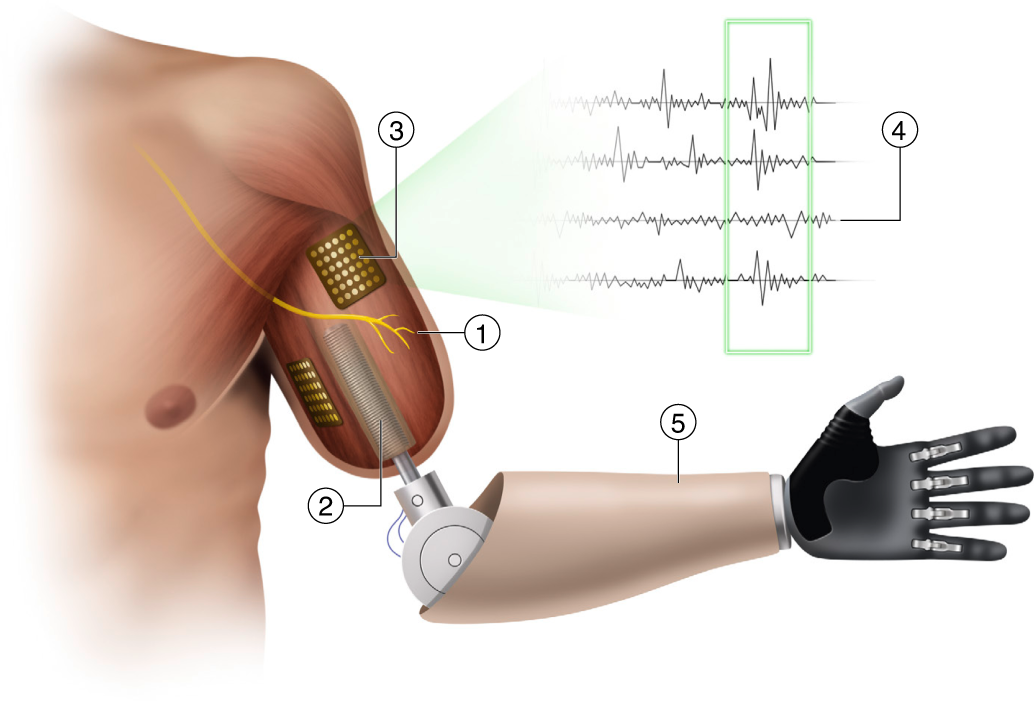
Toward higher-performance bionic limbs for wider clinical use

Spinal Cord Injury: Present and Future Therapeutic Devices and
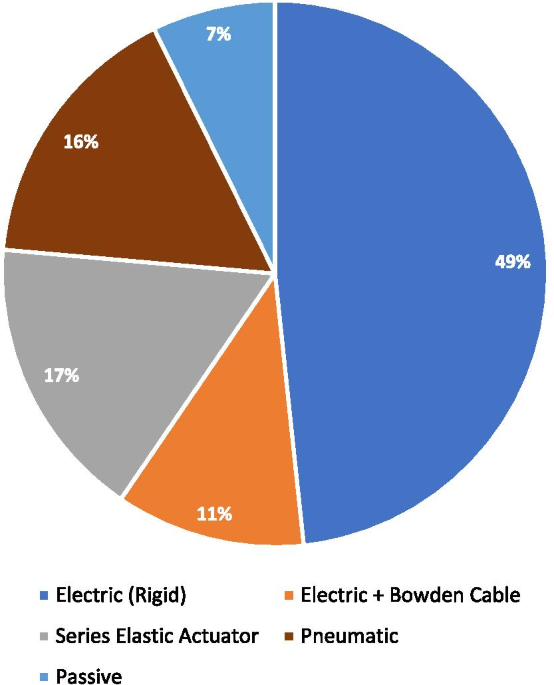
Review of control strategies for lower-limb exoskeletons to assist
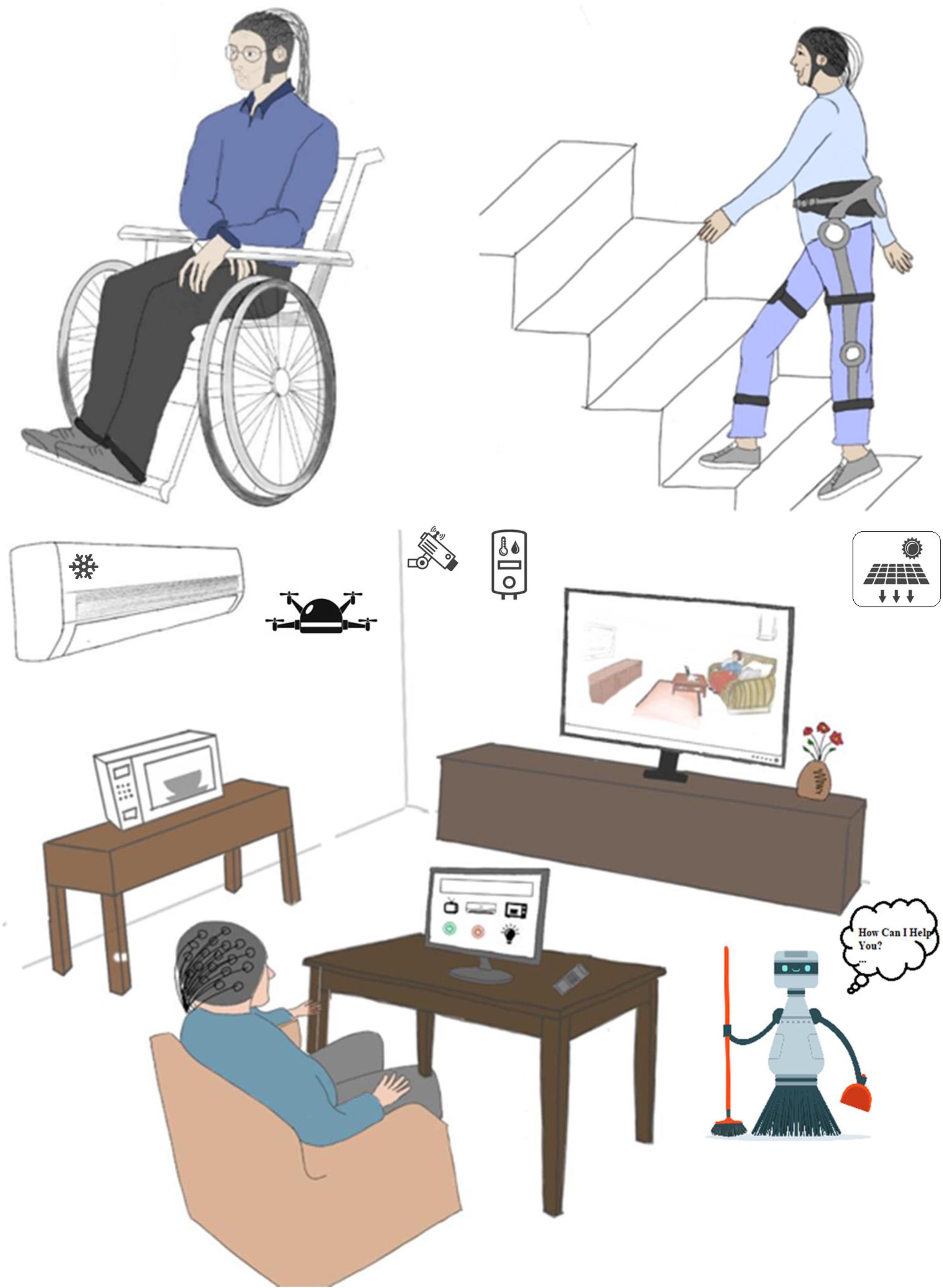
Frontiers Brain Computer Interfaces for Improving the Quality of
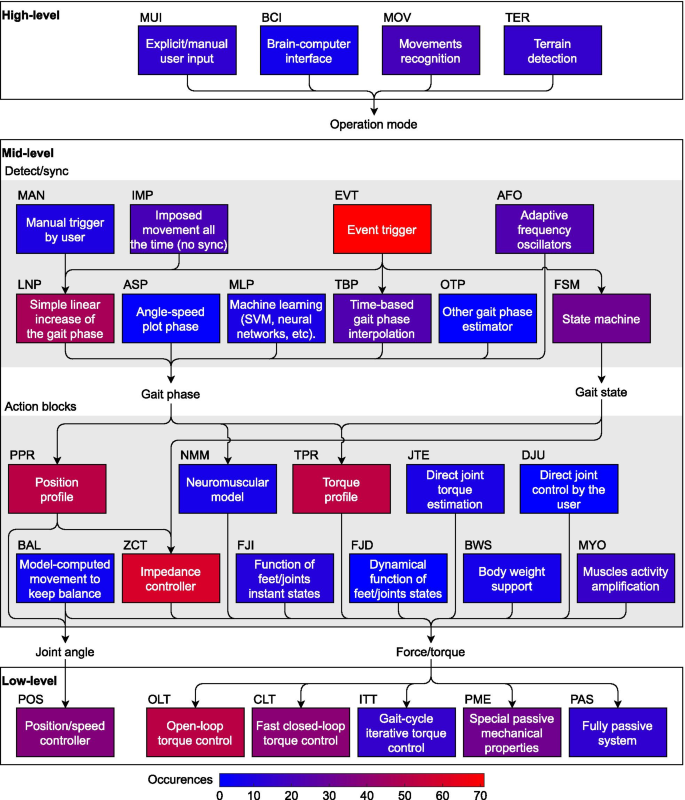
Review of control strategies for lower-limb exoskeletons to assist

Block diagram of the proposed method to control prosthetics hands

To help recover balance, robotic exoskeletons have to be faster
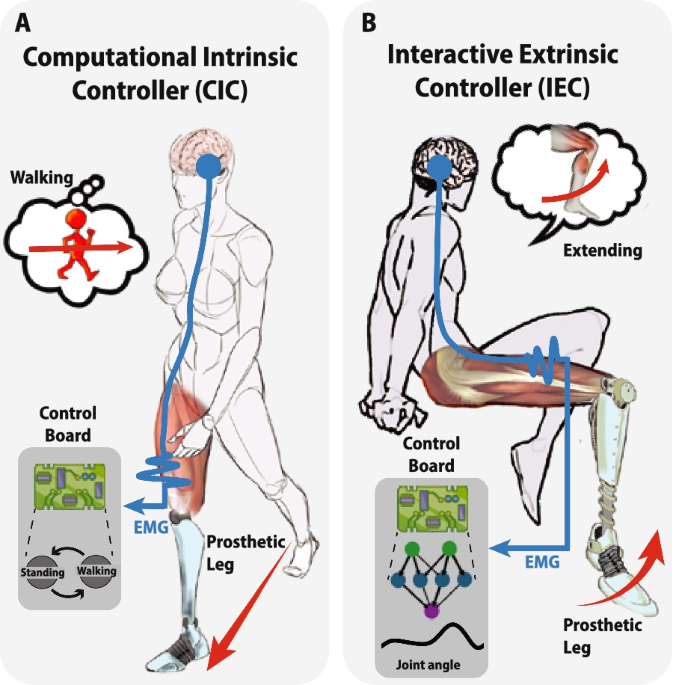
EMG-driven control in lower limb prostheses: a topic-based
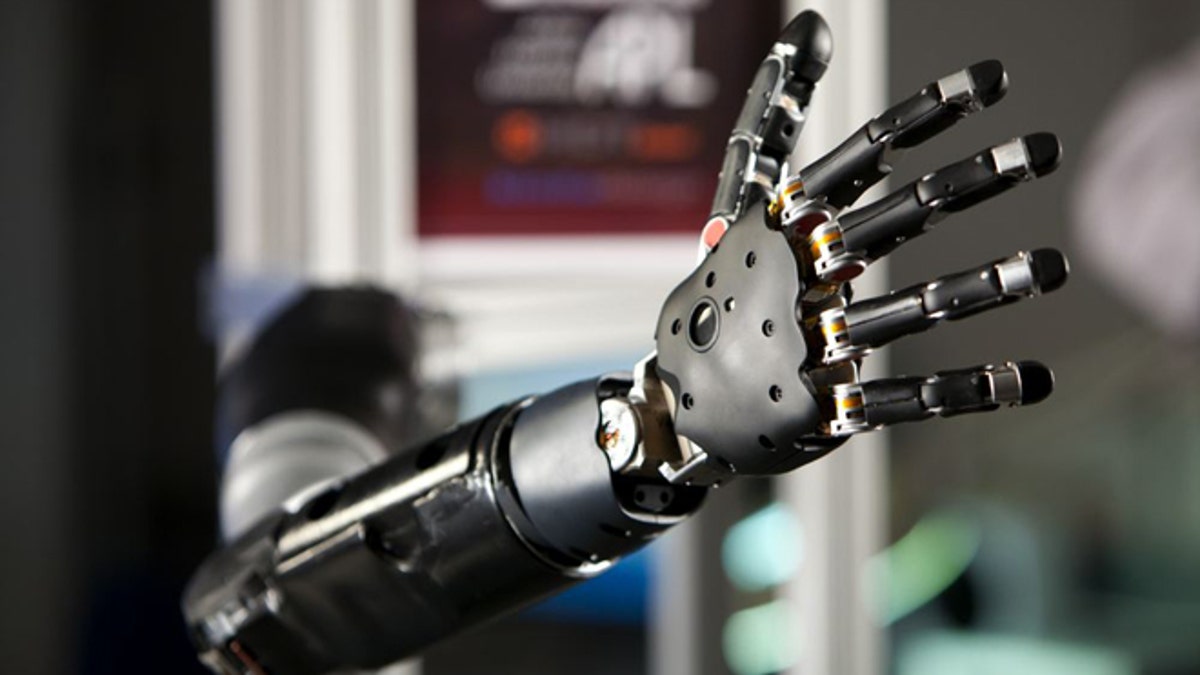
Mind-controlled robotic arm has skill and speed of human limb
Recomendado para você
-
Clube de Xadrez Manauara11 abril 2025
-
 Julio Granda Nears The 2700 Mark11 abril 2025
Julio Granda Nears The 2700 Mark11 abril 2025 -
Clube de Xadrez de São Sebastião do Paraíso11 abril 2025
-
 Checkers game teens not chess hi-res stock photography and images11 abril 2025
Checkers game teens not chess hi-res stock photography and images11 abril 2025 -
 Atmosphere, Free Full-Text11 abril 2025
Atmosphere, Free Full-Text11 abril 2025 -
 South America Luxury Cruise - Miami to Miami on Feb 24, 202511 abril 2025
South America Luxury Cruise - Miami to Miami on Feb 24, 202511 abril 2025 -
 How Locally-led Foundations Create Systems Change — A 5-Step11 abril 2025
How Locally-led Foundations Create Systems Change — A 5-Step11 abril 2025 -
 Chess Results, 1951-1955: A Comprehensive Record with 1,620 Tournament Crosstables and 144 Match Scores, with Sources11 abril 2025
Chess Results, 1951-1955: A Comprehensive Record with 1,620 Tournament Crosstables and 144 Match Scores, with Sources11 abril 2025 -
 Manaus Chess Open encerra com pódio dominado por brasileiros - Portal Em Tempo11 abril 2025
Manaus Chess Open encerra com pódio dominado por brasileiros - Portal Em Tempo11 abril 2025 -
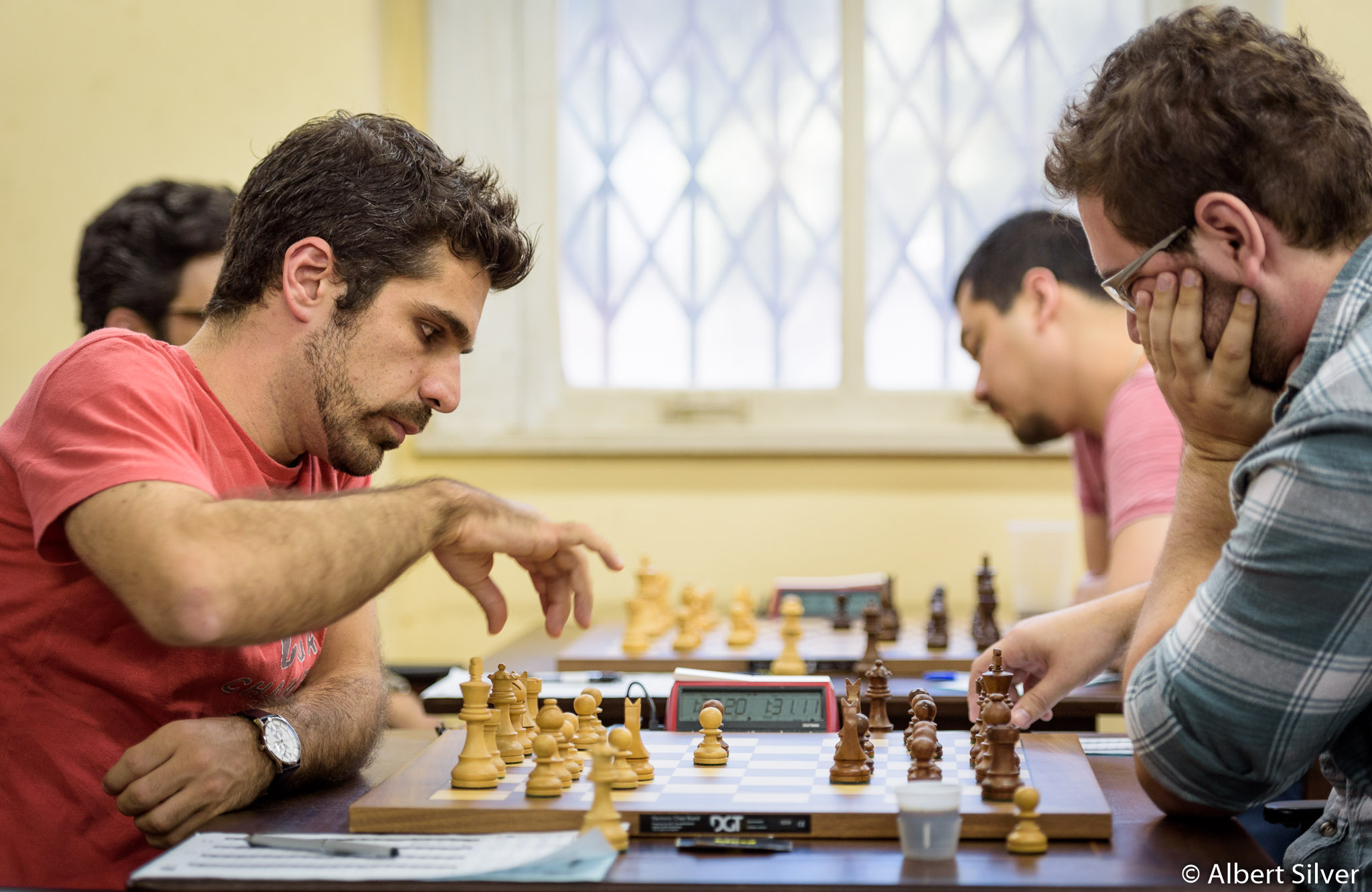 83rd Brazilian Ch. Rd1-2: All out war11 abril 2025
83rd Brazilian Ch. Rd1-2: All out war11 abril 2025
você pode gostar
-
 I Finally got an armored mewtwo!! 😭😭😭 : r/pokemongo11 abril 2025
I Finally got an armored mewtwo!! 😭😭😭 : r/pokemongo11 abril 2025 -
 Page.8 Preview) You know what this mean : r/Horimiya11 abril 2025
Page.8 Preview) You know what this mean : r/Horimiya11 abril 2025 -
 DAM - Consola Retro De Videojogos Com 2000 Jogos Incluíd11 abril 2025
DAM - Consola Retro De Videojogos Com 2000 Jogos Incluíd11 abril 2025 -
 The new Valorant skin bundle is a $125 love letter to the '90s11 abril 2025
The new Valorant skin bundle is a $125 love letter to the '90s11 abril 2025 -
 Meaning of Balut as Doja Cat drops new song ahead of Scarlet's release11 abril 2025
Meaning of Balut as Doja Cat drops new song ahead of Scarlet's release11 abril 2025 -
 MotoGP 2022 Qatar – Miguel Oliveira cai e abandona na primeira corrida11 abril 2025
MotoGP 2022 Qatar – Miguel Oliveira cai e abandona na primeira corrida11 abril 2025 -
Dubladores de Kimetsu no Yaiba cantando o tema da abertura., By The Spoiler Man11 abril 2025
-
 Crianças brinquedo batalha luta robô boxe para lutar pai-filho jogo interativo para crianças presente - AliExpress11 abril 2025
Crianças brinquedo batalha luta robô boxe para lutar pai-filho jogo interativo para crianças presente - AliExpress11 abril 2025 -
 Estudo com macacos sugere que cultura e biologia caminham juntas11 abril 2025
Estudo com macacos sugere que cultura e biologia caminham juntas11 abril 2025 -
Sanrio Puroland - Puroland is celebrating its Christmas event, PURO WHITE CHRISTMAS, running from November 8th to December 25th♪ This year we are starring Little Twin Stars, Kiki and Lala! The theme11 abril 2025



